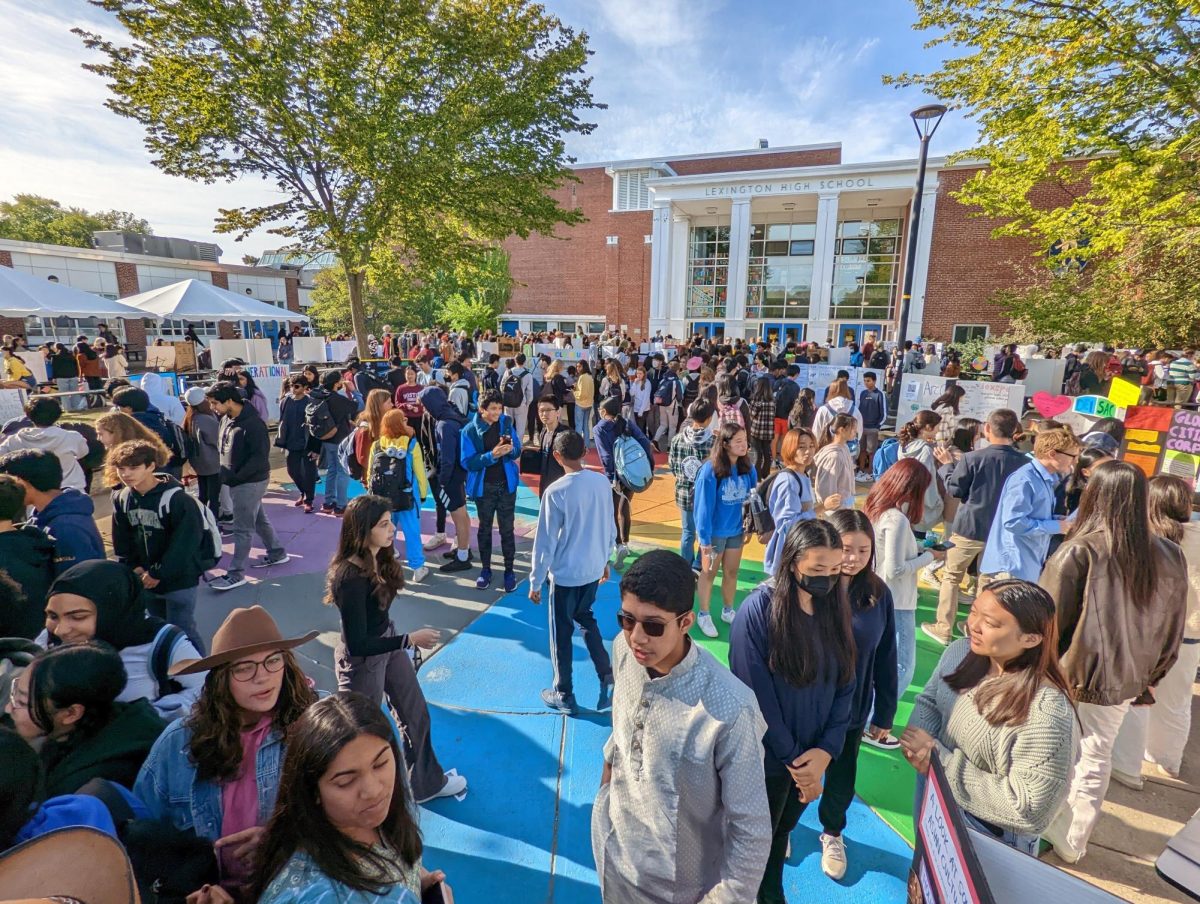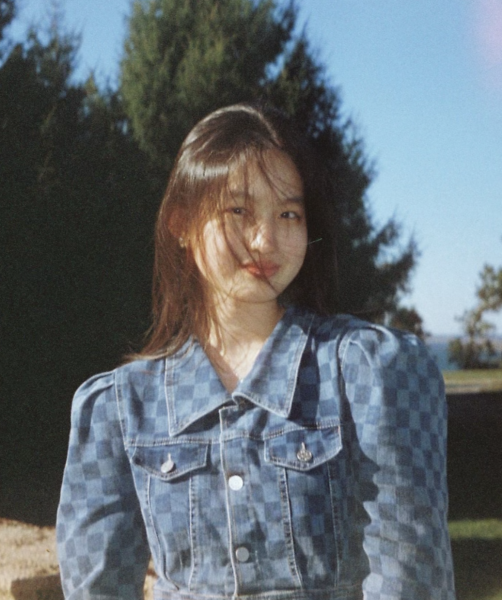Toshikazu Kawaguchi’s Before the Coffee Gets Cold captivates readers with an exploration of time, regret, and the intricacies of human relationships, all set within the cozy confines of a retro cafe in Tokyo. Readers are taken on a journey beyond the bounds of conventional reality as the cafe becomes a portal to moments in the past and future, offering characters the opportunity to revisit pivotal moments in their lives.
However, strict rules govern this journey: one can only travel to a specific moment in the cafe’s history, and must return before their coffee gets cold—or risk being trapped in the past forever.
In four interconnected stories, each character struggles with their past mistakes and missed opportunities. In one storyline, we meet Fumiko, a woman who travels back in time to reconnect with her husband, who has since passed away. Another tale follows Kohtake, a young man who seeks closure with his sister. There’s also Hirai, who embarks on a journey to reconcile with his ex-girlfriend, and Kei, a waitress at the cafe who grapples with a deep-seated fear of abandonment stemming from her childhood.
Beneath the allure of time travel lies an existential question: can we truly change the course of our destinies, or are we bound by the immutable flow of time? If, given the chance, would we change things, or would we do it all over again?
From unrequited love to missed opportunities, we watch characters grapple with “what might have been”. Through moments of quiet reflection, Kawaguchi invites us to confront our own regret and aspirations, prompting a deeper exploration of what it means to truly live in the present. Characters ultimately discover that although the past cannot be changed, redemption and healing are still possible in the present.
As we navigate the rugged terrain of adolescence, every decision feels momentous and every missed opportunity leaves a lingering sense of longing. I often experience restless nights plagued with thoughts of “what might have been”, but the more my mind rearranges these events, the more I realize that “going back” isn’t a viable option. Everything happens for a reason—our only hope is learning from these mistakes and honoring these sacrifices. Had I gone back and changed decisions made a year ago, I wouldn’t be living in Lexington today. I wouldn’t have stumbled across policy debate and wouldn’t have found the friends I have today.
This narrative reminds us time doesn’t wait. Carpe diem, quam minimum credula postero—seize the day, put very little trust into tomorrow. Take that trip to the mountains with your friends, go try out the ice cream shop you’ve been craving, and binge-watch the show you’ve been wanting to watch with your family. Soon, you’ll be heading off to college, too busy to take that trip. The ice cream shop will close, and the show will be discontinued. We never realize how valuable something is to us until it becomes a memory.
Through a series of interwoven stories, Kawaguchi navigates the complexities of time travel, weaving together tales of love, loss, and redemption, and reminding readers that living in the present can be both a gift and a consequence.


